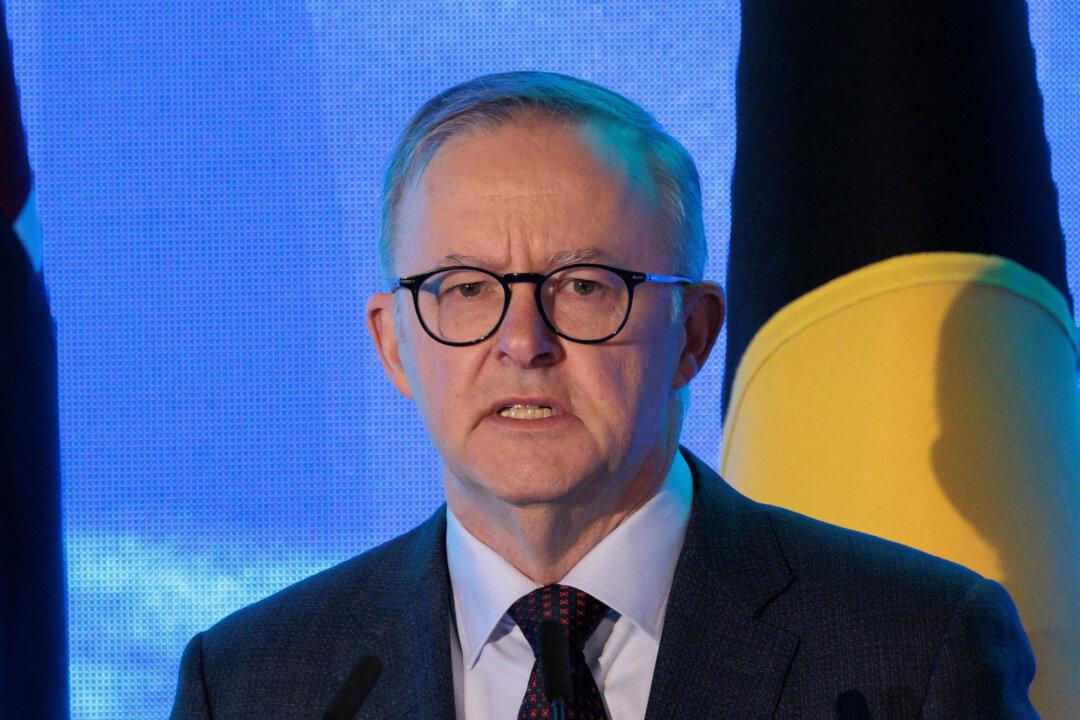Prime Minister Anthony Albanese has said his government is aware that people are doing it tough at the moment but has ruled out any further cost of living help as they stand by the decision of the Reserve Bank of Australia (RBA) to raise interest rates.
Speaking to the Today show on Tuesday, Albanese said that he recognised that people were “doing it really tough” and were “worried about increases in their mortgage.”




